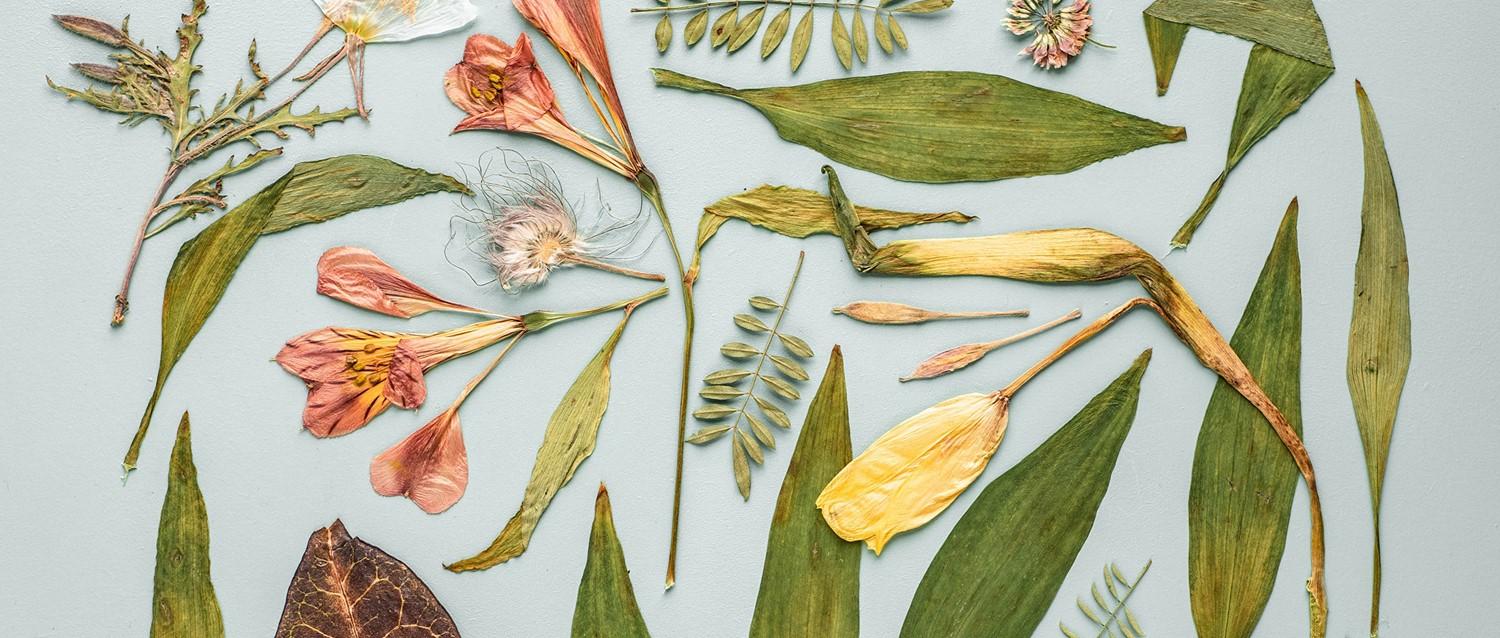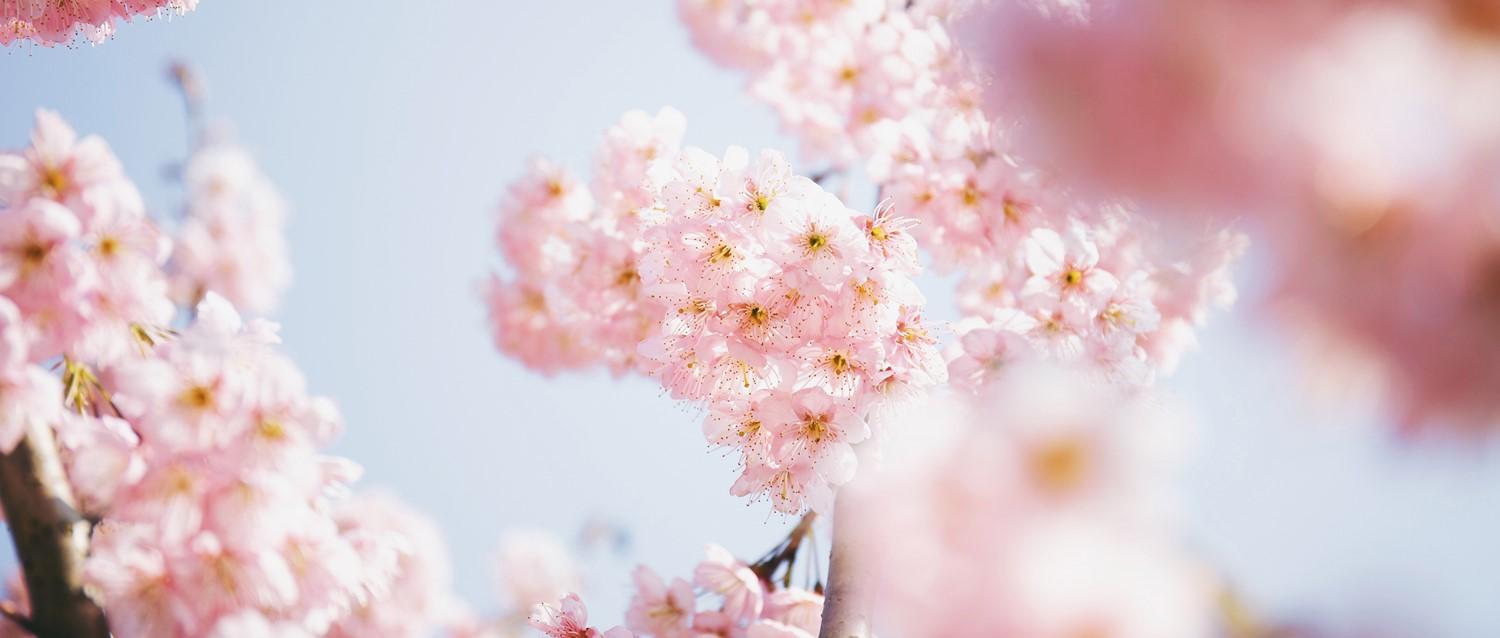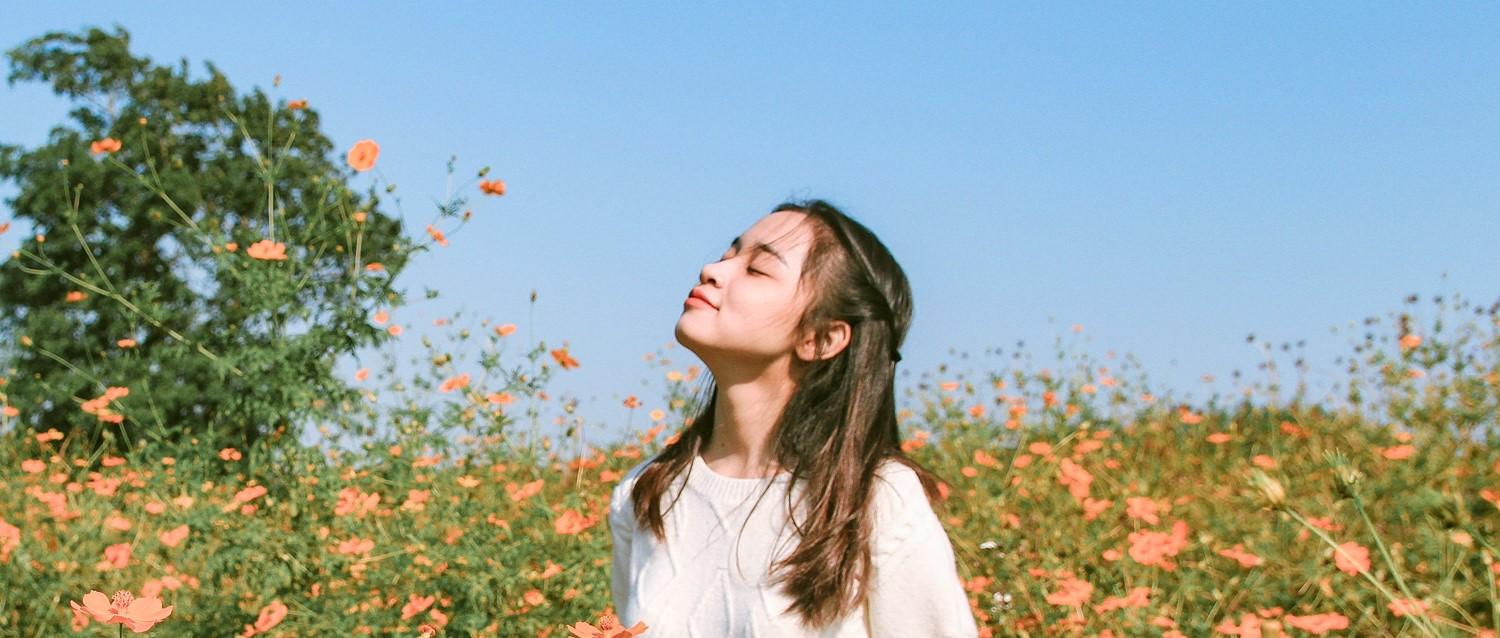
When is hay fever season in the UK - and how can you avoid the symptoms?
Peer reviewed by Dr Colin Tidy, MRCGPAuthored by Dr Sarah Jarvis MBE, FRCGPOriginally published 6 May 2019
Meets Patient’s editorial guidelines
- DownloadDownload
- Share
- Language
- Discussion
For one in five of us, the arrival of spring or summer after the long, cold winter months is a mixed blessing - and a microscopic powder is to blame. Hay fever is cause by an allergy to pollen produced by grass (hence the 'hay' in hay fever) or sometimes trees or weeds.
In this article:
If you suffer from hay fever, your immune system goes into overdrive when exposed to pollen, and the result is a sneezy and sometimes wheezy mix of misery. Fortunately, simple measures can control symptoms in most people.
The medical name for hay fever is seasonal allergic rhinitis: seasonal because it tends to happen for the same few months every year; and rhinitis for inflammation (‘-itis’) of the nose. In fact, though, hay fever often affects your eyes and throat as well.
Continue reading below
When does hay fever season reach its peak?
Most people with hay fever are allergic to grass pollen, and peak times are May to July. Some are allergic to tree pollen (at its peak in March to May); others to weed pollen (highest in July to September); and really unlucky people react to all three.
The delicate lining of the nose and eyes has cells designed to fight off invaders into the body, like germs. In hay fever, they respond to contact with pollen by releasing chemicals, including histamines. Sometimes the same chemicals, which cause inflammation and irritation, can be released by cells at the back of the throat or the sinuses.
The result is sneezing, blocked or runny nose, itching and watering eyes. Less commonly, it can lead to headaches, loss of smell and pain over the sinuses behind the forehead or the cheekbones. Hay fever is an 'atopic' condition, meaning it affects people who have a tendency to allergies. Other atopic conditions include eczema and asthma. Having one of these conditions increases your risk of others, and severe hay fever can trigger asthma symptoms. Some people only get asthma during hay fever season.
How to beat hay fever
Avoiding pollen where possible can make a huge difference to symptoms. Weather reports often carry details of the next day's pollen count - you may want to stay indoors when it's high with the windows closed. Remember, it's grass you mostly want to avoid if you suffer in summer. Fields of bright yellow rapeseed oil are often blamed for hay fever - but rape pollen is too heavy to float easily and rarely a culprit.
If you are out and about, you can still cut your exposure to pollen. A simple barrier nasal balm under your nostrils works by trapping pollen. Surprisingly, it can relieve eye as well as nose symptoms. Try Vaseline or Haymax nasal balm. A pollen filter for your car needn't cost a fortune, and can prevent misery on long journeys - if you have one, have it serviced before hay fever season.
When you get home after being outside, change your outer clothes, as pollen may have stuck to them. And ideally wash your hair so you don't take pollen to bed with you. Speaking of bed, forget those visions of clean washing blowing gently in a summer breeze on the washing line. All clothes, and especially sheets, should be dried indoors away from pollen.
Continue reading below
Should you reach for the antihistamines?
There are lots of effective medications for hay fever, depending on your symptoms. Antihistamine tablets stop the release of histamine, responsible for all that itching and watering. These days, newer non-drowsy versions are available without prescription from your pharmacist.
However, antihistamines don't tend to clear a blocked nose. For that, you need a nasal spray, usually containing a tiny dose of steroid. As for eyes, regular eye drops containing a medicine that stops immune cells releasing histamine should help. Both of these need to be taken regularly for full effect. It may be worth starting these a couple of weeks before your hay fever symptoms usually kick in, as they can take a few days to have full effect.
In very severe cases, immunotherapy (exposing you to tiny amounts of pollen so your body gets used to it) may be recommended. It's not a quick fix - you may need treatment for three seasons for full relief, but the benefits do persist for at least two years after you stop.
Patient picks for Hay fever

Allergies, blood and immune system
How to find the right treatment for your hay fever
For many people across the UK, the arrival of spring is a mixed blessing. No sooner have they shaken off the winter gloom, than they're hit with the onset of hay fever season. Characterised by a streaming nose and itchy eyes, the condition can range in severity from annoying to debilitating.
by Abi Millar

Allergies, blood and immune system
Hay fever: how your pharmacist can help
With hay fever season approaching, many sufferers will be stocking up on hay fever remedies. But to prevent or treat hay fever effectively, it may be worth getting additional medical advice. The best place to start is at the pharmacy, where qualified staff will be able to help you in a number of ways.
by Gillian Harvey
Continue reading below
Article history
The information on this page is peer reviewed by qualified clinicians.
6 May 2019 | Originally published
Authored by:
Dr Sarah Jarvis MBE, FRCGPPeer reviewed by
Dr Colin Tidy, MRCGP

Ask, share, connect.
Browse discussions, ask questions, and share experiences across hundreds of health topics.

Feeling unwell?
Assess your symptoms online for free
Sign up to the Patient newsletter
Your weekly dose of clear, trustworthy health advice - written to help you feel informed, confident and in control.
By subscribing you accept our Privacy Policy. You can unsubscribe at any time. We never sell your data.